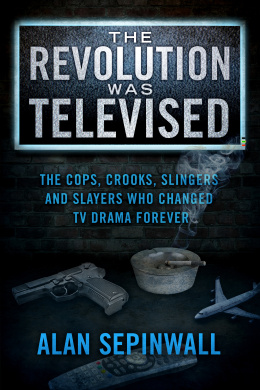Fifty years ago, I made my first appeared on the Earth. In celebration, we are going to take a look at the year-end Billboard Hot 100 singles chart for each year of my life and see what songs resonated with me at the time and if they continue to do so to this day.
We continue our look back at the music of my lifetime with 1982, the year I moved from second to third grade and turned 8. Given my late-October birthday. Songs from movies would be the only ones I knew from their original release. Only 29 of the Hot 100 are familiar to me now, with 20 of them appearing in my collection in one way or another.
#96: Loverboy – Working for the Weekend
iTunes stats: N/A
The first single from the group’s second album, it topped out at #29 but was eventually ranked #100 on VH1’s 100 Greatest Songs of the 80s.
#91: Kim Wilde – Kids in America
iTunes stats: 15 plays
Released a year earlier in the UK, this first single from Wilde peaked at #25 on the Hot 100 despite heavy radio play and acclaim on MTV.
#88: Van Halen – Oh, Pretty Woman
iTunes stats: 12 plays
Intended as a non-album single before the band went on a planned hiatus, it became their second Top 20 hit, reaching #12.
#87: The Go-Go’s – Vacation
iTunes stats: 17 plays
Peaking at #8, the song was the group’s second, and final, top ten hit.
#79: The Police – Every Little Thing She Does Is Magic
iTunes stats: 21 plays
Originally written for a 1976 demo, the tune topped out at #3 on the Hot 100.
#78: Joan Jett & The Blackhearts – Crimson and Clover
iTunes stats: 10 plays
This cover of the Tommy James and the Shondells hit from 1968 reached #7 on the chart, the band’s second-highest charting single.
#75: Laura Branigan – Gloria
iTunes stats: 13 plays
Originally written and recorded as an Italian love song in 1979, Branigan’s reworking of the tune spent three weeks at #2 late in 1982.
#73: Journey – Don’t Stop Believin’
iTunes stats: 143 plays
Peaking at #8 on the Mainstream Rock chart and #9 on the Hot 100, the song gained a second life in the 21st century thanks to, among others, the final episode of The Sopranos and, locally, its use by the 2005 World Series Champion Chicago White Sox.
#68: Jackson Browne – Somebody’s Baby
iTunes stats: 17 plays
Recorded for the Fast Times at Ridgemont High soundtrack, the song reached #7, becoming Browne’s highest charting hit and his final top ten.
#63: The Go-Go’s – Our Lips Are Sealed
iTunes stats: 17 plays
The band’s debut single, it peaked at #20, but spent 30 weeks on the Hot 100.

